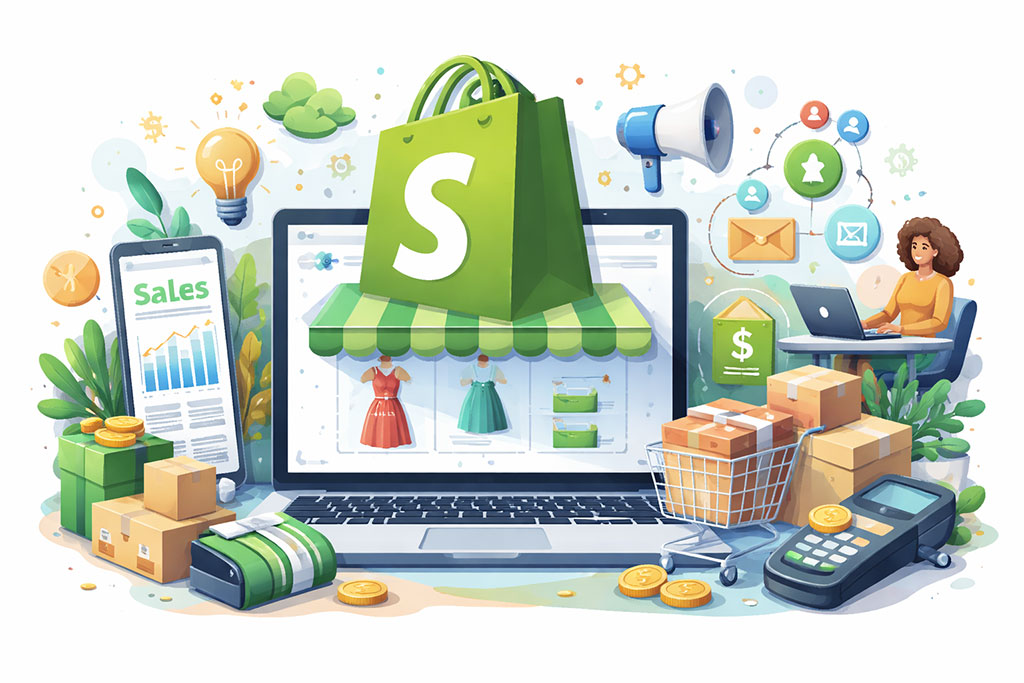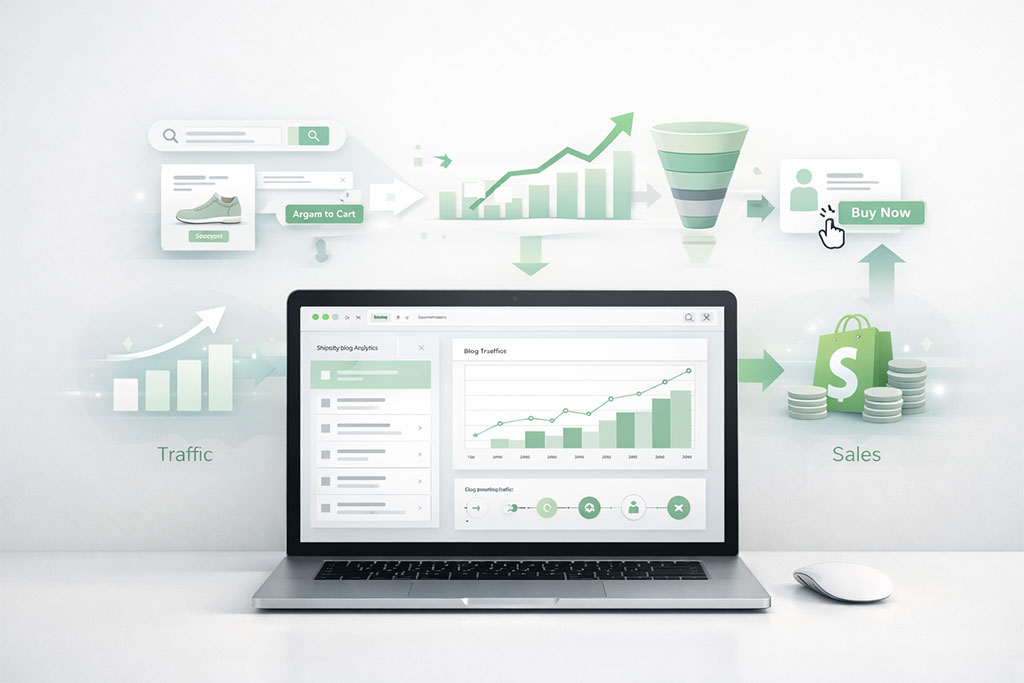When people hear the word Shopify, they often think of it as a tool to make an online store. In reality, Shopify works more like a business engine that supports selling, managing, and scaling from one place. It removes the heavy technical load so business owners can spend time on decisions that actually grow revenue.
Instead of forcing users to learn coding or server management, Shopify gives a structured system where everything feels connected and purposeful.
How Shopify Simplifies Online Selling
Online selling fails when things become complicated. Shopify solves this by keeping the process simple at every stage. Adding products feels straightforward, managing orders is organized, and customer information is easy to track. You don’t jump between tools or dashboards to understand what’s happening in your business.
This simplicity is not basic—it is intentional. It allows even non-technical users to run professional online stores without confusion.
Shopify Adapts to Different Business Ideas
Not every online business works the same way. Some sell physical items, others sell digital products, subscriptions, or customized services. Shopify supports all of these models without forcing a fixed structure.
As your idea evolves, the platform adjusts with you. You can expand product lines, change pricing strategies, or add new sales channels without rebuilding your store from scratch.
Design That Focuses on Clarity, Not Just Looks
A good-looking store means nothing if customers feel lost. Shopify themes are designed to guide users naturally—from product discovery to checkout. Clean layouts, clear product pages, and intuitive navigation help visitors understand what you offer without effort.
This clarity builds trust. When customers feel comfortable browsing your store, they stay longer and are more confident about buying.
Shopify Helps You Understand Your Customers
Selling online is not only about products; it’s about people. Shopify provides insights that show how customers interact with your store. You can see what products attract attention, where visitors drop off, and how repeat customers behave.
Instead of guessing, these insights allow you to make more informed judgments. Small changes based on real data can improve sales and customer experience over time.
Mobile Shopping Is Built Into the Core
Mobile shopping is no longer optional. Shopify treats mobile performance as a foundation, not an extra feature. Stores automatically adjust to different screen sizes, ensuring smooth browsing and checkout on smartphones.
This approach supports modern buying behavior and helps businesses stay relevant in a mobile-first world.
Security and Stability Without Manual Effort
Trust plays a major role in online sales. Shopify handles security in the background so store owners don’t have to manage it themselves. Payments, customer data, and system updates are protected automatically.
This reliability allows businesses to operate confidently without worrying about technical risks or downtime.
Why Shopify Works for Long-Term Growth
Many platforms are fine for starting but become limiting later. Shopify is built for long-term use. As traffic increases and operations become complex, the platform continues to perform without slowing down.
You can customize your store, connect advanced tools, and expand globally while staying on the same system. This stability makes Shopify a strong foundation for serious online businesses.
Closing Thought
Shopify succeeds because it understands real business needs, not just website design. It brings structure, simplicity, and scalability into one platform that supports growth at every stage.
For anyone looking to build an online business without technical barriers, Shopify offers a practical and reliable path forward.










